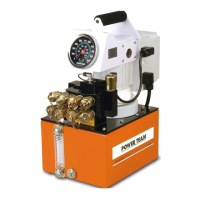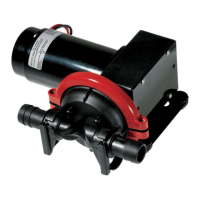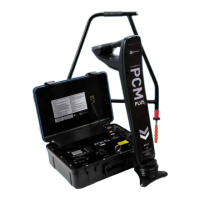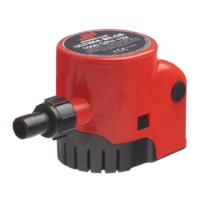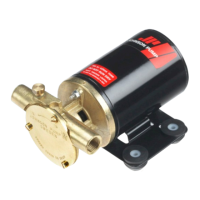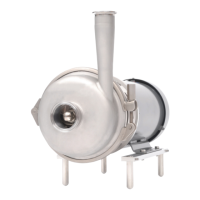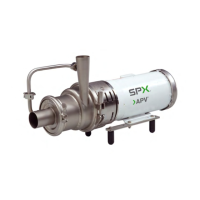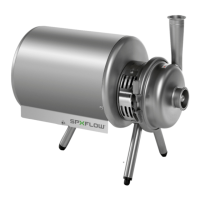20
© SPX
Form No. 1000572
Rev. 0 February 8, 2012
Troubleshooting Guide continued
Problem Cause Solution
Electric motor will not shut
off.
1. Defective motor controls.
1. Disconnect unit from power
supply; contact a Power Team
Service Center.
Electric motor stalls,
surges, overheats, or will
not start under load.
1. Low voltage
1. Refer to electric motor
information in Initial Setup section.
2. Electrical cord size too small.
2. Refer to electrical cord chart in
Initial Setup section.
Electrical overload
protector keeps tripping.
1. Wired incorrectly.
1. Disconnect unit from power
supply; have qualied electrician
review motor and circuit wiring.
Pump delivers excess uid
pressure.
1. Faulty pressure gauge.
1. Replace gauge.
2. Relief valve set incorrectly.
2. Contact a Power Team Service
Center.
Pump is not delivering
uid, or delivers only
enough uid to advance
connected components
partially or erratically or
operation to slow.
1. Fluid level too low.
1. Add uid, refer to lling the pump
reservoir in Initial Setup section.
2. Loose-tting coupler to
component.
2.
Verify quick-disconnect couplings
to cylinders are completely coupled.
Couplers may need to be replaced
because ball check does not stay open
due to wear.
3. Air in system.
3. Refer to Initial Setup in this
manual to bleed air from system.
4. Air leak in suction line.
4. Check and tighten suction line.
5. Debris in pump or lter plugged.
5. Clean pump lter. If problem
persists, disconnect from power
supply contact authorized Power
Team service center.
6. Fluid bypasses through the
double-acting cylinder.
6. Remove cylinder; cap hoses.
Check pump and valve for leaks.
7. Cold uid or uid too heavy.
(Hydraulic uid is of a higher
viscosity than necessary.)
7. Drain, ush, and rell reservoir
using a lighter weight uid. Refer to
General Maintenance section.
8. External relief valve or low
pressure unloading valve out of
adjustment.
8. Refer to Adjusting the Pressure
Regulating Valve.
9. Power unit/reservoir capacity
is too small for the size of the
cylinder(s) used.
9. Use smaller cylinder(s) or larger
reservoir.
10. Vacuum in reservoir.
10. Clean plugged vent in ller plug.

